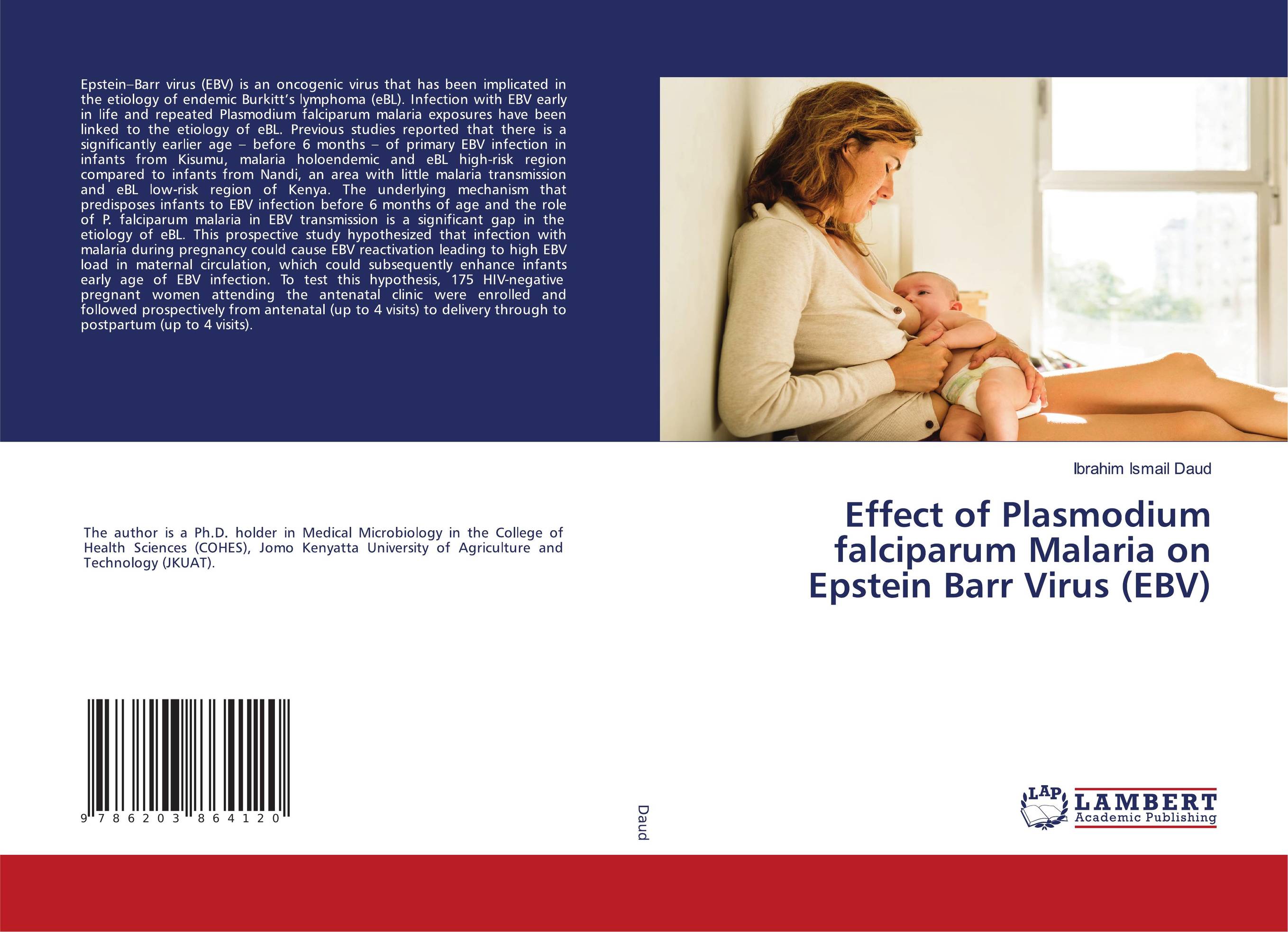| Поиск по каталогу |
|
(строгое соответствие)
|
- Профессиональная
- Научно-популярная
- Художественная
- Публицистика
- Детская
- Искусство
- Хобби, семья, дом
- Спорт
- Путеводители
- Блокноты, тетради, открытки
Effect of Plasmodium falciparum Malaria on Epstein Barr Virus (EBV).

В наличии
| Местонахождение: Алматы | Состояние экземпляра: новый |

Бумажная
версия
версия
Автор: Ibrahim Ismail Daud
ISBN: 9786203864120
Год издания: 1905
Формат книги: 60×90/16 (145×215 мм)
Количество страниц: 128
Издательство: LAP LAMBERT Academic Publishing
Цена: 32883 тг
Положить в корзину
| Способы доставки в город Алматы * комплектация (срок до отгрузки) не более 2 рабочих дней |
| Самовывоз из города Алматы (пункты самовывоза партнёра CDEK) |
| Курьерская доставка CDEK из города Москва |
| Доставка Почтой России из города Москва |
Аннотация: Epstein–Barr virus (EBV) is an oncogenic virus that has been implicated in the etiology of endemic Burkitt’s lymphoma (eBL). Infection with EBV early in life and repeated Plasmodium falciparum malaria exposures have been linked to the etiology of eBL. Previous studies reported that there is a significantly earlier age – before 6 months – of primary EBV infection in infants from Kisumu, malaria holoendemic and eBL high-risk region compared to infants from Nandi, an area with little malaria transmission and eBL low-risk region of Kenya. The underlying mechanism that predisposes infants to EBV infection before 6 months of age and the role of P. falciparum malaria in EBV transmission is a significant gap in the etiology of eBL. This prospective study hypothesized that infection with malaria during pregnancy could cause EBV reactivation leading to high EBV load in maternal circulation, which could subsequently enhance infants early age of EBV infection. To test this hypothesis, 175 HIV-negative pregnant women attending the antenatal clinic were enrolled and followed prospectively from antenatal (up to 4 visits) to delivery through to postpartum (up to 4 visits).
Ключевые слова: Malaria, EBV, Plasmodium, postpartum, Breast milk, malaria effect, Lymphoma



